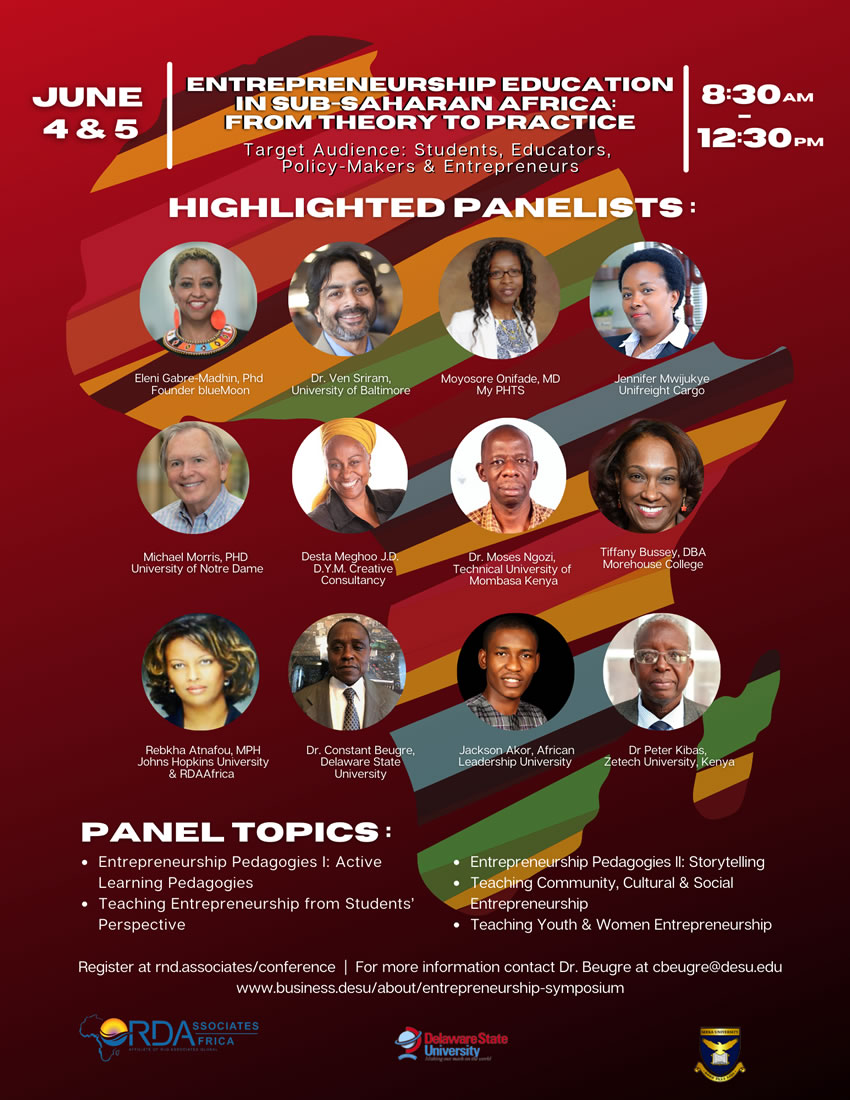The increasingly uncertain and turbulent environments foreshadowed by a raging Coronavirus disease (COVID-19) pandemic, migration crisis, increased organizational restructuring, rapid and disruptive technological advances, intense competition, and globalization have intensified the call for employees’ developing receptive attention to and awareness of present events i.e. mindfulness (Brown, Ryan, & Creswell, 2007; Haun, Nübold, & Bauer, 2018; Hülsheger, Walkowiak, & Thommes, 2018) and the building of high-quality relational systems, such as strong relational attachments (Ehrhardt & Ragins, 2019) within the work milieu. This certainly can safeguard against threats posed by present and future events, job demands, as well as unanticipated organizational changes (e.g., job retrenchment) and policies (e.g., preference for young workers or so-called millennials). Moreover, these changes have also increasingly shifted the responsibility of human functioning and well-being from organizations to employees (McCauley & Hezlett, 2001; Zoogah, 2010). Yet, while mindfulness and relational systems represent fundamental parts of human functioning and well-being in contemporary private, public and nongovernmental organizations, we know little about when, why and how the two constructs can jointly and interactively advance psychological and social understanding and impact of management in organizations.






